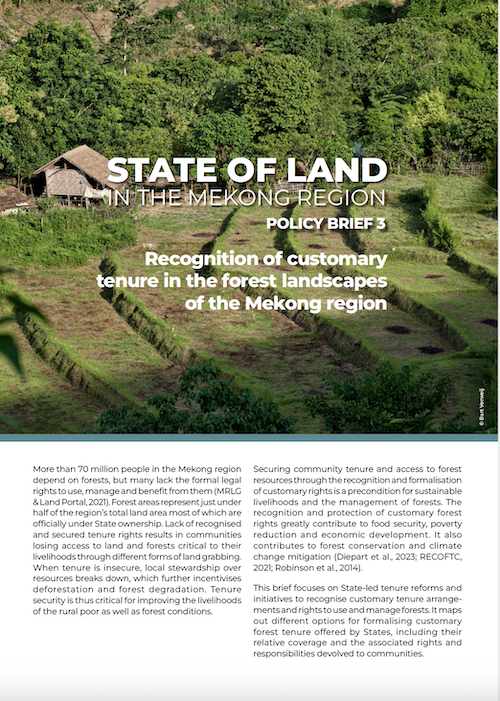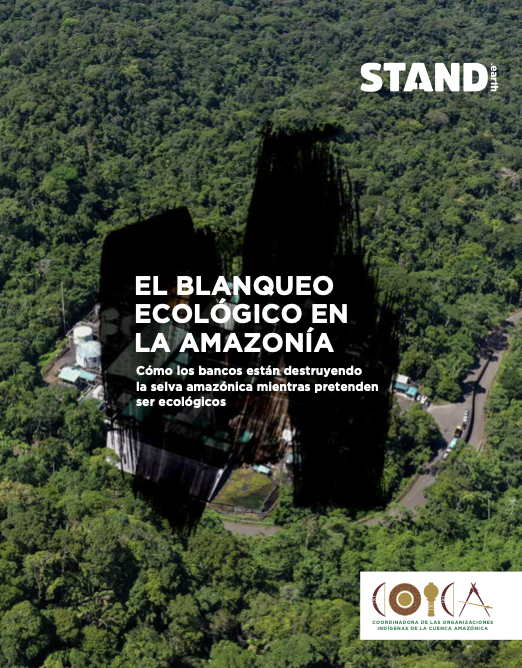Indigenous Peoples’ lands are threatened by industrial development; conversion risk assessment reveals need to support Indigenous stewardship
Indigenous Peoples are custodians of many of the world’s least-exploited natural areas. These places of local and global socio-ecological importance face significant threats from industrial development expansion, but the risk of conversion of these lands remains unclear. Here we combine global datasets of Indigenous Peoples’ lands, their current ecological condition, and future industrial development pressure to assess conversion threats.



